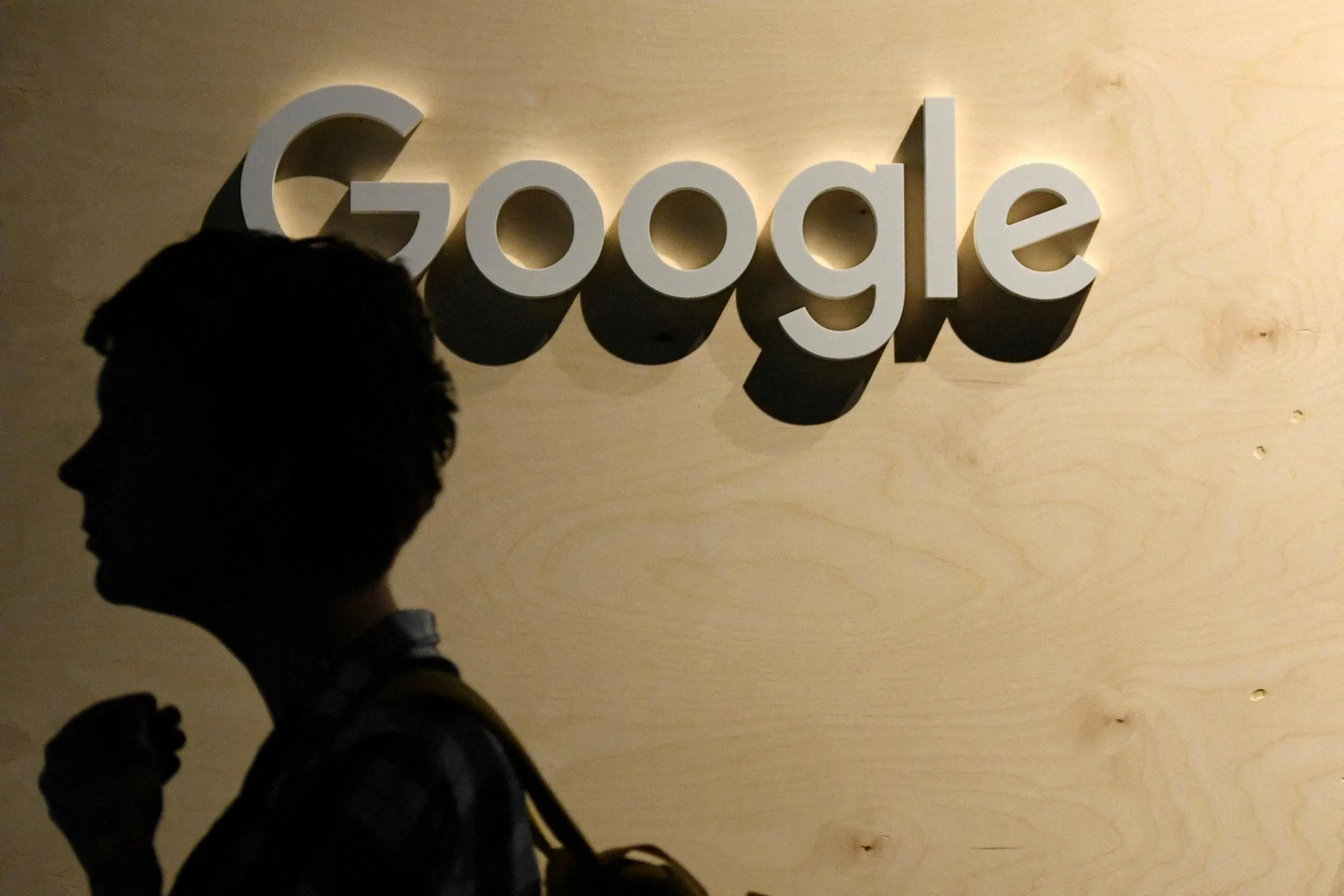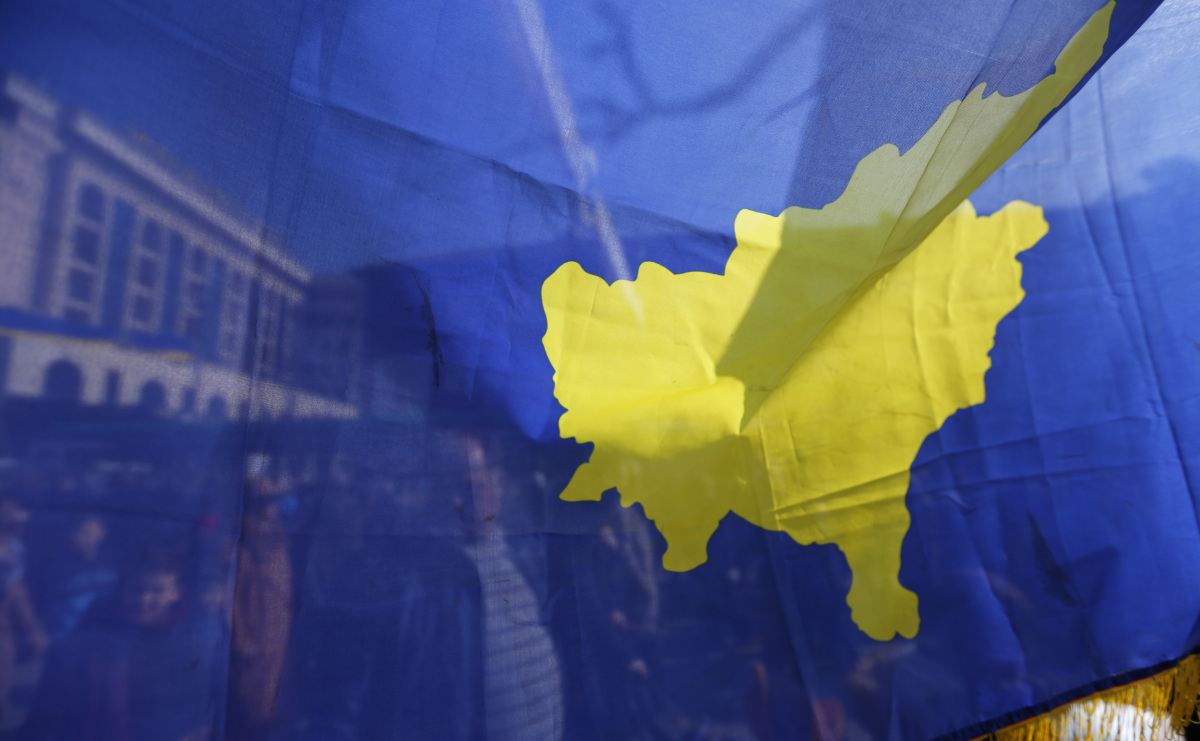GOOGLE will invest US$1 billion to improve digital connectivity between the United States and Japan through two new subsea cables, the Alphabet-owned firm said on Wednesday (Apr 10) amid a visit by the Japanese prime minister to boost ties between the countries.
The two subsea cables, Proa and Taihei, will improve connectivity between the US, Japan and multiple Pacific island countries and territories, Google said.
“Building on the US-Australia joint funding commitment for subsea cables last October, the US and Japan plan to collaborate with like-minded partners to build trusted and more resilient networks and intend to contribute funds to provide subsea cables in the Pacific region,” a US-Japan joint statement said on Wednesday.
The Pacific region has become a great area of interest for China and the US, who are jostling for influence in the zone with competing offers for infrastructure and military partnerships.
President Joe Biden has pushed for US dominance in telecommunications services, seeing the industry as a key national security issue due to its control over information flows worldwide.
The US pledged last year to jointly fund two undersea cables, to be built by Google, connecting the US territory of Guam with hubs in Fiji and French Polynesia, and further branching out across remote Pacific Islands.
GET BT IN YOUR INBOX DAILY
Start and end each day with the latest news stories and analyses delivered straight to your inbox.
Google said the Proa subsea cable would connect the US, Japan, the Commonwealth of the Northern Mariana Islands (CNMI) and Guam, while the Taihei subsea cable would connect the US, Japan and Hawaii.
Additionally, Google said it would fund the construction of an interlink cable connecting Hawaii, the CNMI and Guam.
The tech giant also said it would work in collaboration with Japanese-based companies – including KDDI, Arteria Networks, Philippines-based Citadel Pacific and the CNMI – to improve the digital connectivity in the region.
Subsea cables are the backbone of the internet, carrying 99 per cent of the world’s data traffic. REUTERS






